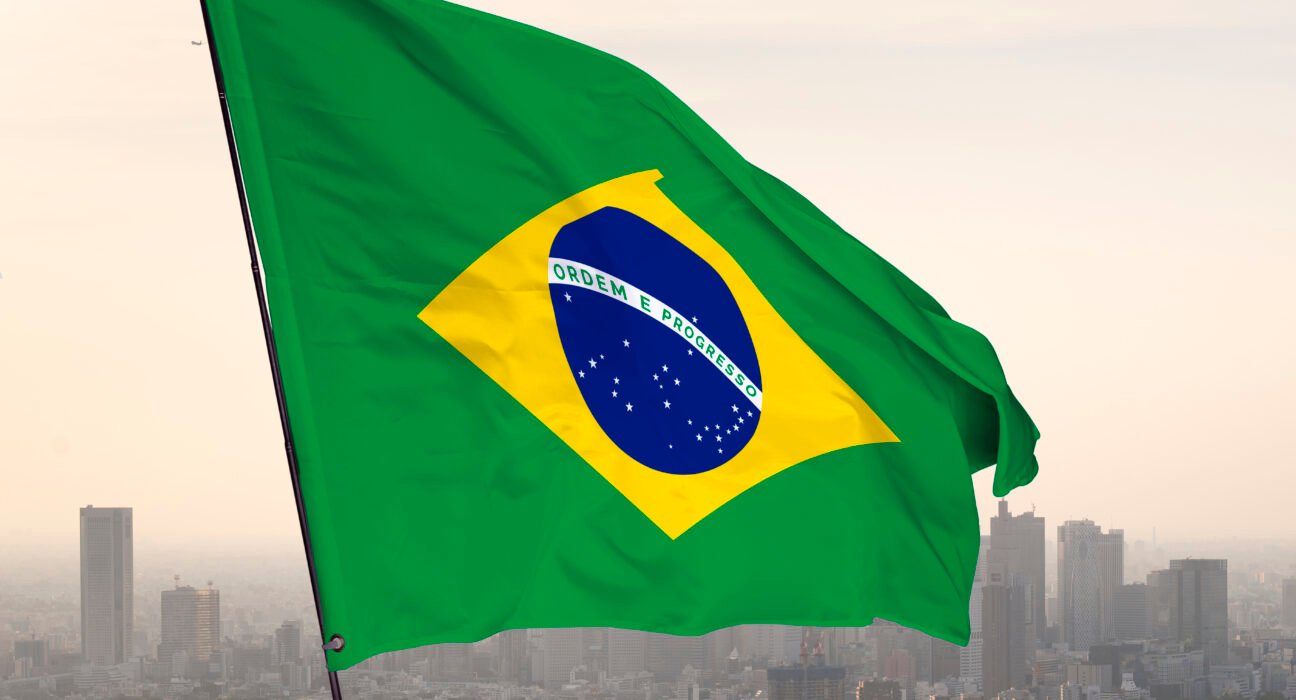Brazil is on track to become Latin America’s largest regulated gambling market, with the newly formed Secretariat of Prizes and Bets (SPA) unveiling a bold regulatory roadmap. Following the historic legalization of sports betting and online gaming in December 2023, Brazil aims to officially launch its legal market by early 2025 — a sector projected to generate $2.6 billion annually.
Key Elements of the Regulatory Framework
The SPA’s comprehensive plan outlines a clear licensing process, with operator applications expected to open by September 2024. Consumer protection is a cornerstone of the framework, requiring operators to enforce mandatory deposit limits and self-exclusion mechanisms. Anti-money laundering (AML) safeguards and strict responsible gaming protocols will also be mandatory. Additionally, operators must adhere to an 18% gross revenue tax, ensuring significant contributions to public finances.
Transition Challenges and Market Adaptation
As the market transitions from unregulated to licensed operations, gray-market operators will need to meet rigorous compliance standards. International companies seeking entry must partner with local entities, while payment providers are adjusting to meet Brazil’s evolving regulatory demands.
Economic Impact and Growth Potential
Brazil’s regulated gambling market is expected to create over 15,000 direct and indirect jobs and generate approximately $1.2 billion annually in tax revenue. These funds will support public programs and sports integrity initiatives.
Timeline and Future Outlook
Provisional regulations are scheduled for June 2024, with licensing approvals beginning in Q4 and full market launch aligned with major sporting events in 2025. Brazil’s model may soon become a benchmark for responsible, scalable gaming regulation across Latin America.























